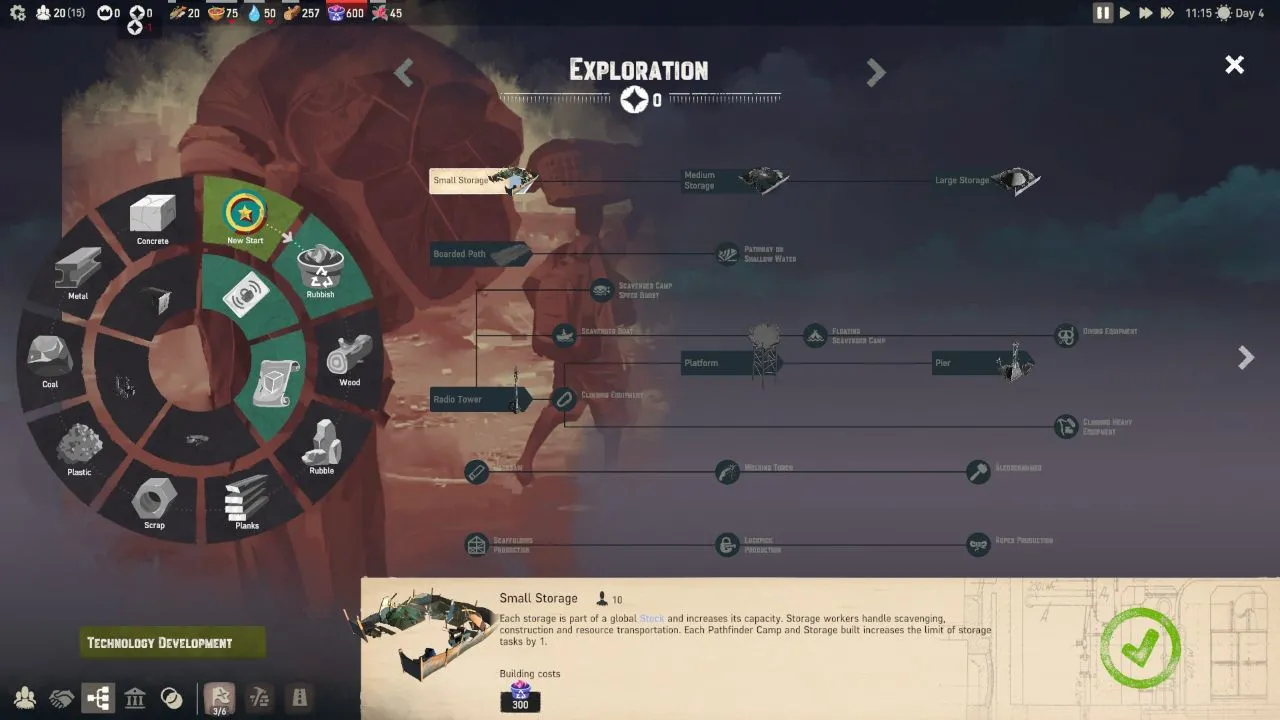
Rebuilding Society in Floodland: A Post-Apocalyptic City-Builder Review
Contents
The city-building simulation genre has recently seen a daring shift, with developers introducing post-apocalyptic settings and challenging scenarios that fundamentally alter the traditional gameplay experience. Floodland, developed by Vile Monarch and officially released on November 15th, 2022, stands out as a compelling example of this evolution. This review delves into the game’s intriguing mechanics, captivating narrative, and unfortunately, its technical shortcomings.
An Inverted Economic System
The core of any city-building game lies in its economic mechanics. Floodland presents an unprecedentedly complex system, boasting a multitude of resources and layered processing methods. Unlike games like Anno 1800 or Cities Skylines, where economies focus on diverse product chains for large populations and readily available imports, Floodland’s post-apocalyptic setting necessitates a different approach.
 Floodland – Resource Management
Floodland – Resource Management
The collapse of global trade forces players to scavenge and manage all resources locally, reminiscent of survival games but on a larger scale. The traditional formula of limited resources is inverted; resources are plentiful, but human power is scarce. The challenge becomes allocating manpower between resource gathering, exploration, rediscovering lost technologies, and maintaining social order.
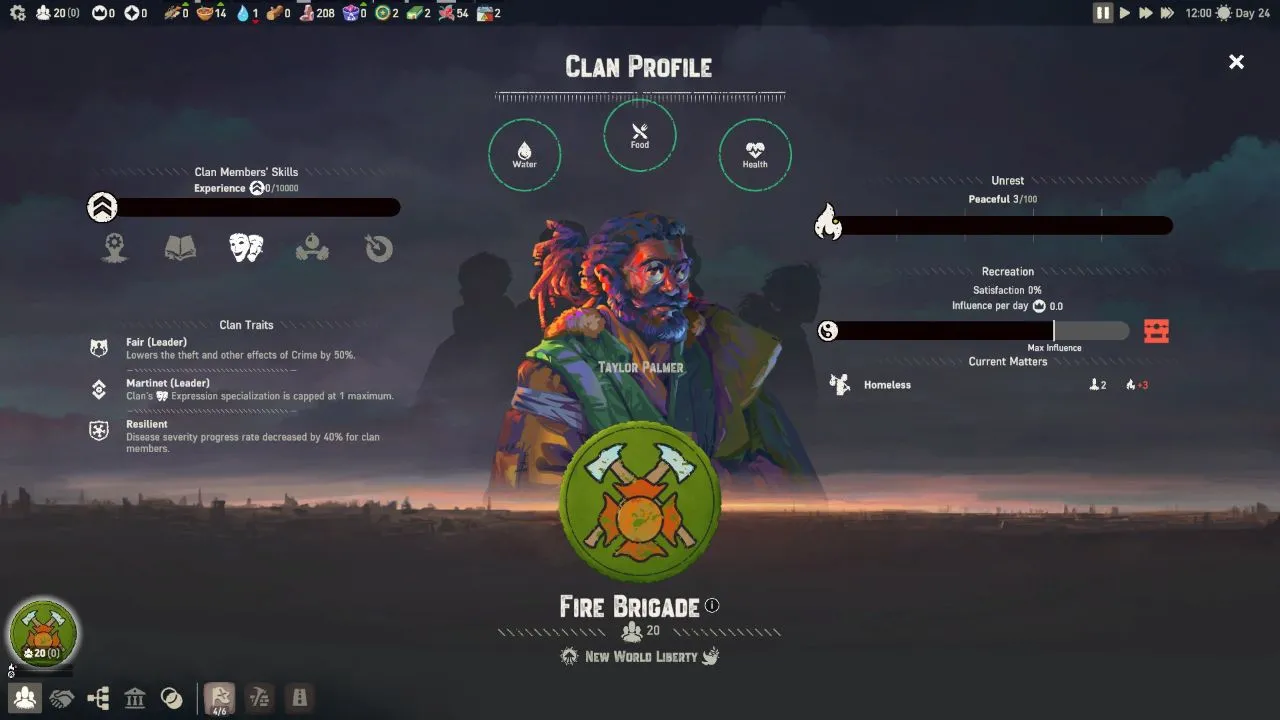 Floodland – Scavenging
Floodland – Scavenging
This inverted gameplay loop is refreshing for veteran city-builders. The game’s dozens of interconnected resources, logically integrated into the post-apocalyptic setting, require players to develop new strategic thinking. Starting with scavenging and basic crafting, players gradually rebuild their community, processing raw materials into increasingly complex goods.
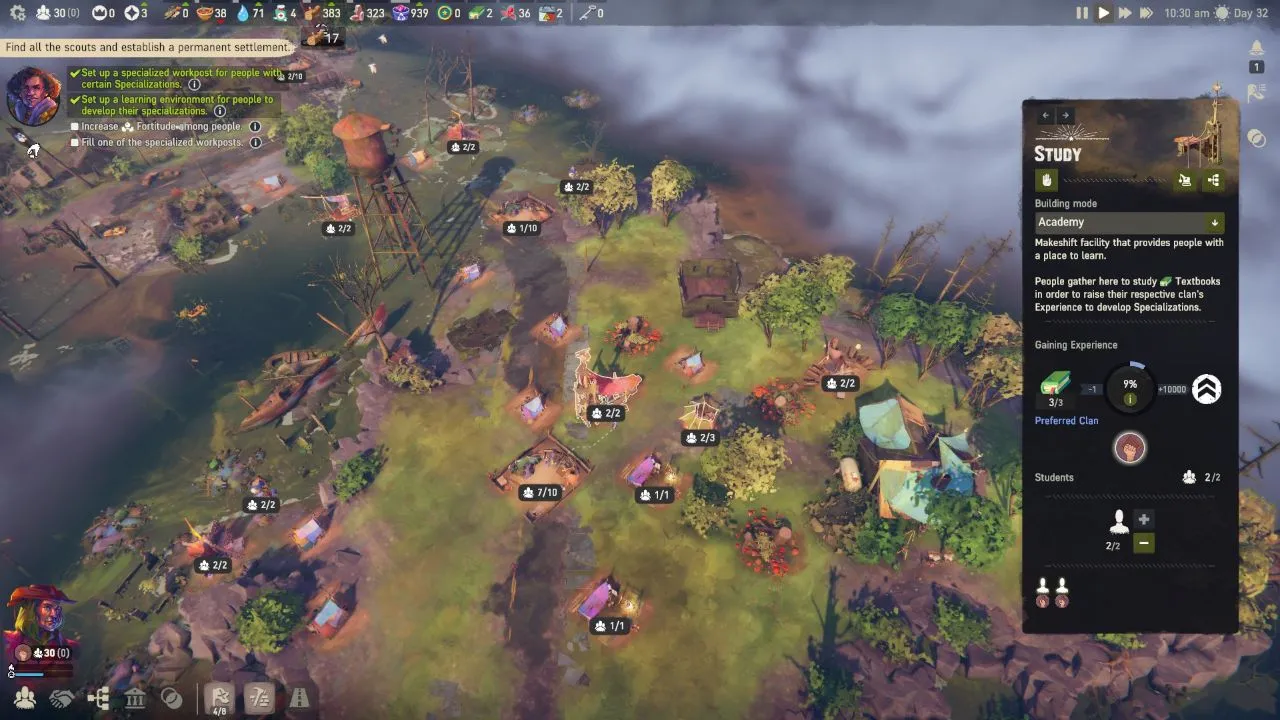 Floodland – Crafting
Floodland – Crafting
The resource distribution, incorporating renewable and non-renewable materials, ties in seamlessly with the narrative progression. This creates a compelling economic cycle that demands constant adjustments to manpower allocation, unlike the relaxed late-game experience of many traditional city-builders.
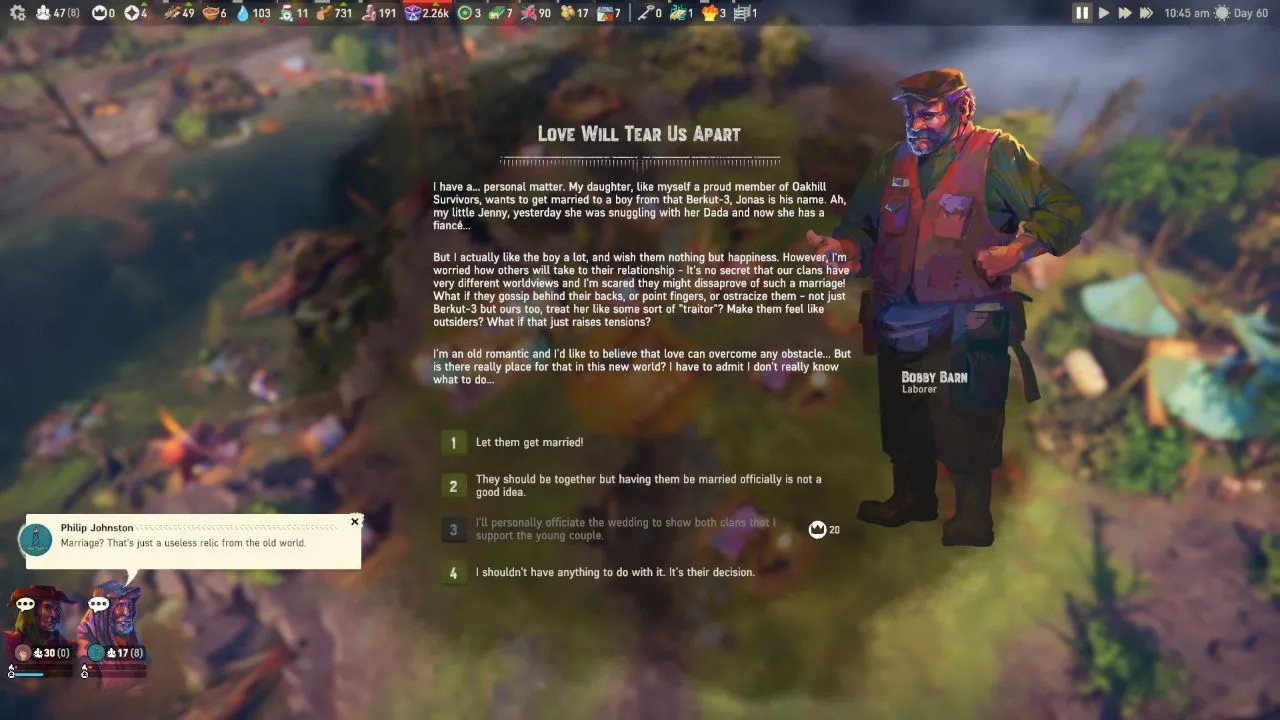 Floodland – Resource Processing
Floodland – Resource Processing
Social Management and Dynamic Scenarios
Rebuilding society in Floodland extends beyond providing basic necessities. It involves establishing social order through laws, public infrastructure, and community management roles. The game’s political system bears similarities to the Civilization series, with research options directly impacting resource consumption and production. Laws offer benefits in one area while requiring trade-offs in others. For example, “Social Distancing” reduces infection rates but hinders production.
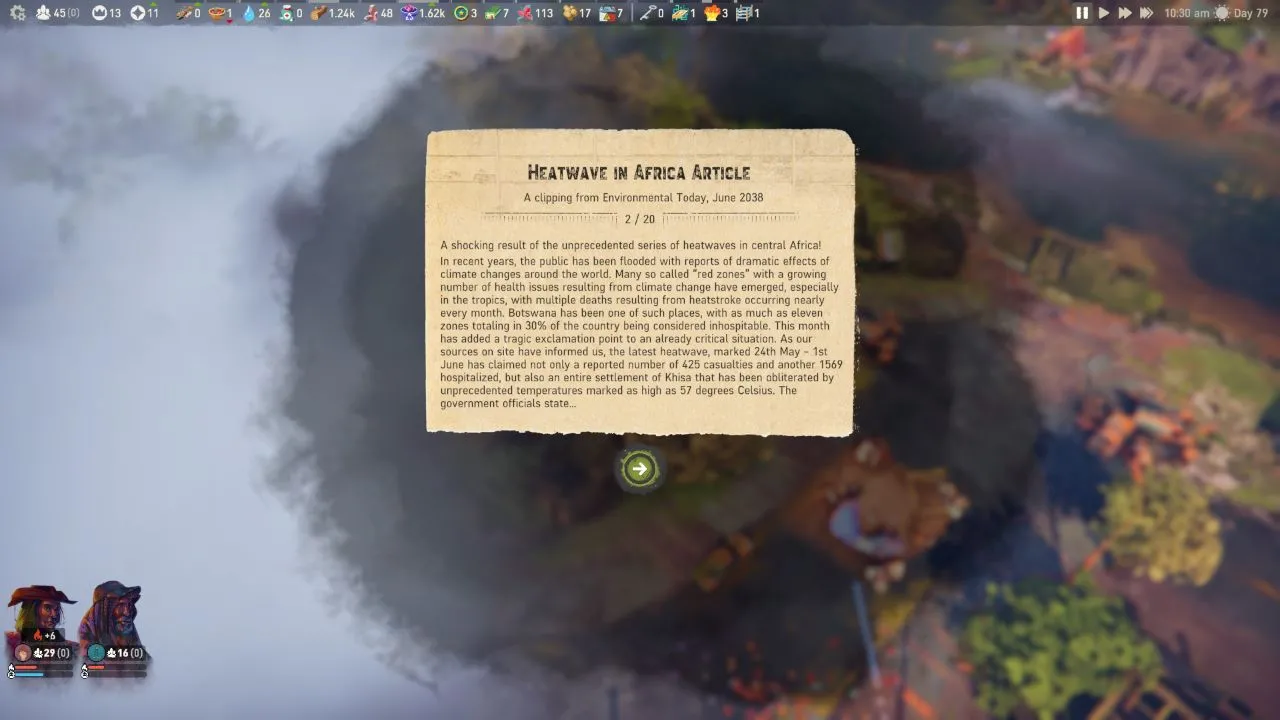 Floodland – Law and Order
Floodland – Law and Order
These laws often force players to choose specific development paths, making it difficult to find balanced solutions. Furthermore, the game dynamically triggers scenarios that require policy decisions, such as a murder prompting the development of a militia or police force.
These events unfold like a visual novel, presenting players with choices and consequences that shape the narrative. Floodland consistently introduces unexpected scenarios that affect gameplay. Over-reliance on clam farming might lead to water pollution and disease outbreaks. Moral dilemmas also arise, like choosing whether to test a potentially life-saving drug on human subjects.
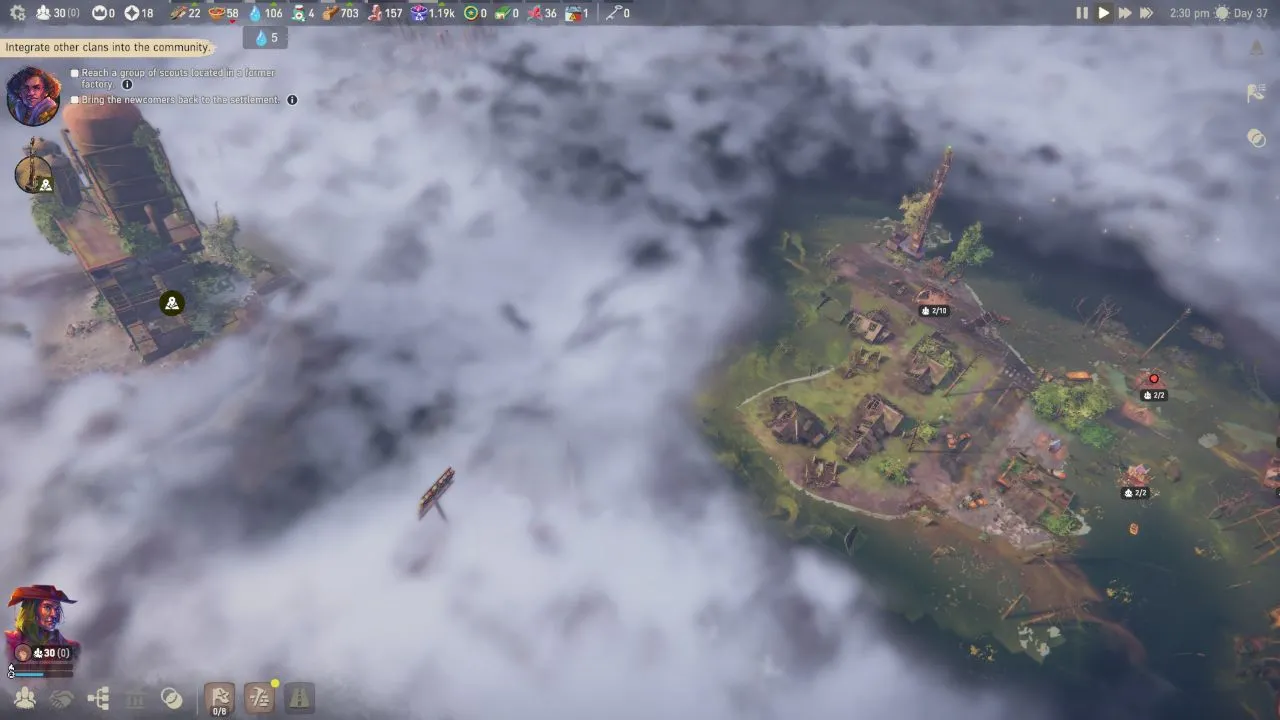 Floodland – Event Choices
Floodland – Event Choices
This dynamic narrative, coupled with the engaging gameplay, keeps players engrossed for hours. It feels more like experiencing an episodic novel or a classic RPG than a traditional city-builder.
 Floodland – Community Building
Floodland – Community Building
Aesthetically Pleasing Presentation
Floodland’s artistic style, utilizing a painterly approach in both cutscenes and gameplay, sets it apart from realistic graphics seen in many modern titles. This stylistic choice contributes to the game’s relatively small size (5GB), making it accessible on a wider range of computers.
The soundtrack, featuring original compositions with melancholic tones, complements the somber atmosphere of the post-apocalyptic world, further enhancing the emotional experience.
Technical Issues Plague the Launch
Despite its innovative gameplay and captivating narrative, Floodland’s launch was marred by technical issues. Initial launch day problems included intermittent startup failures, requiring a rapid hotfix. Performance issues, including fluctuating frame rates and increased system load over time, also plagued the experience. Auto-saving frequently caused significant lag and even game crashes.
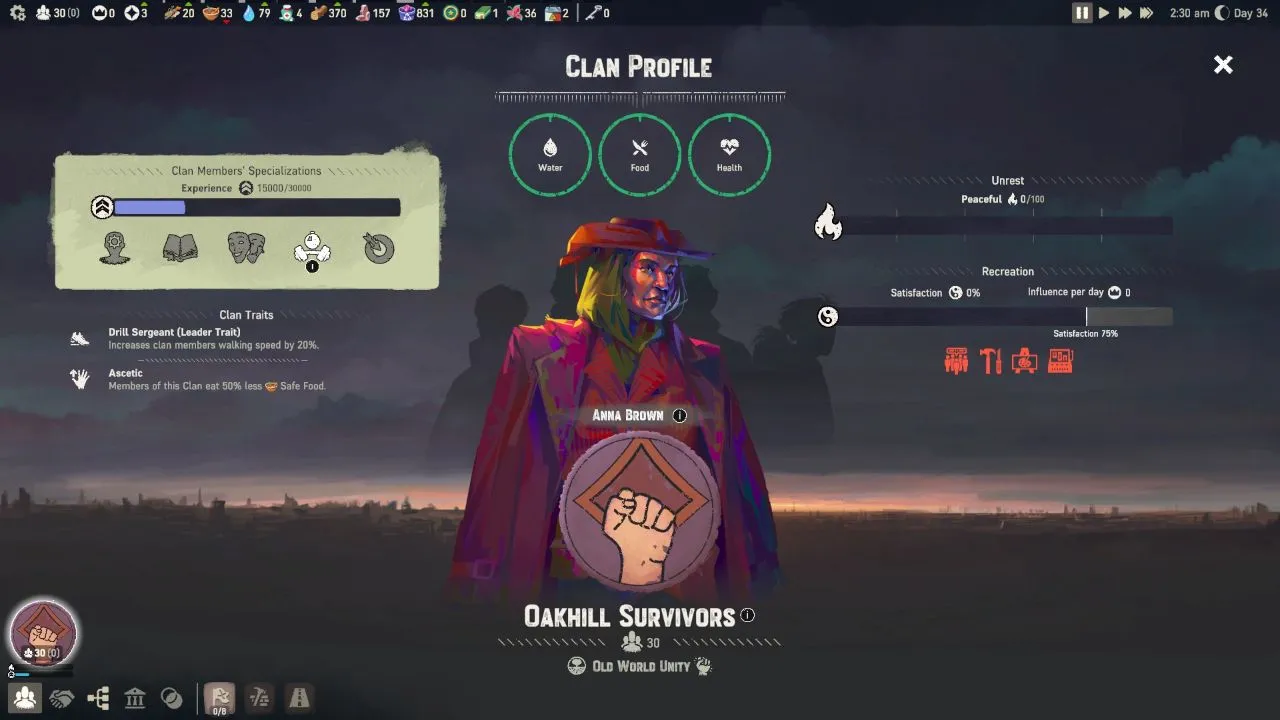 Floodland – Bugged Gameplay
Floodland – Bugged Gameplay
While the developers have been responsive, releasing several patches to address these problems, the sheer number of technical issues makes it advisable to wait for further stabilization before diving into Floodland.
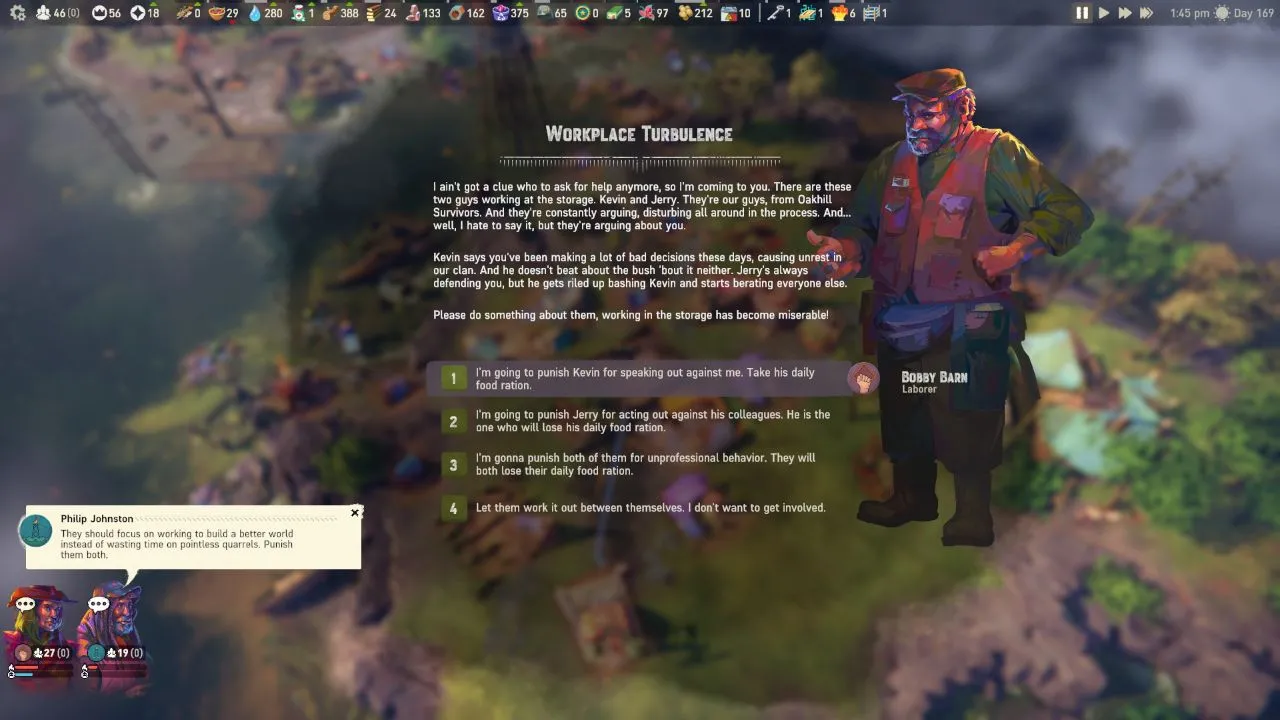 Floodland – Performance Issues
Floodland – Performance Issues
Conclusion
Floodland offers a compelling take on the city-building genre with its inverted gameplay loop, dynamic scenarios, and captivating narrative. However, its current technical state detracts significantly from the experience. Once these issues are resolved, Floodland has the potential to become a standout title in the post-apocalyptic city-building landscape.
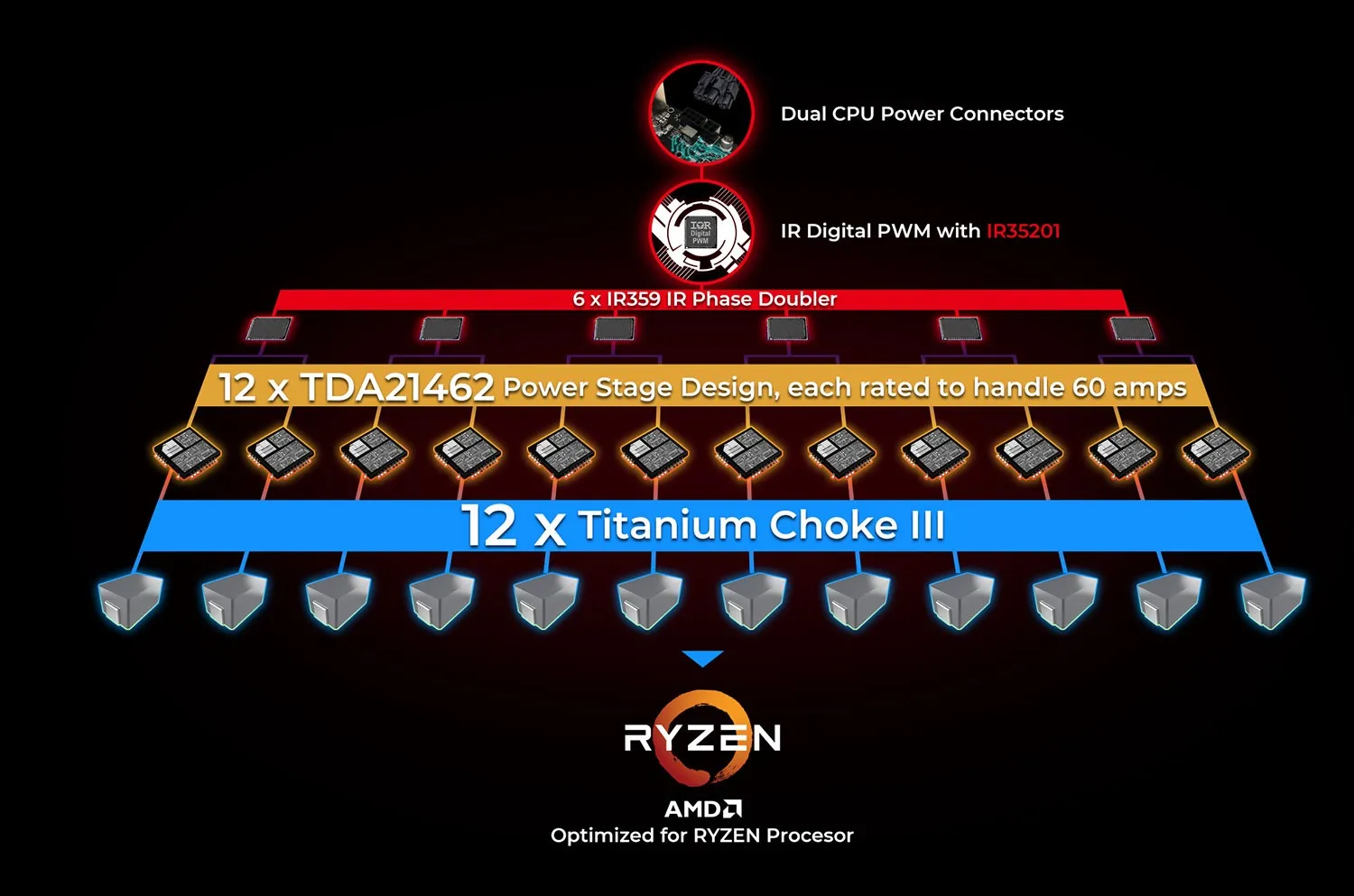
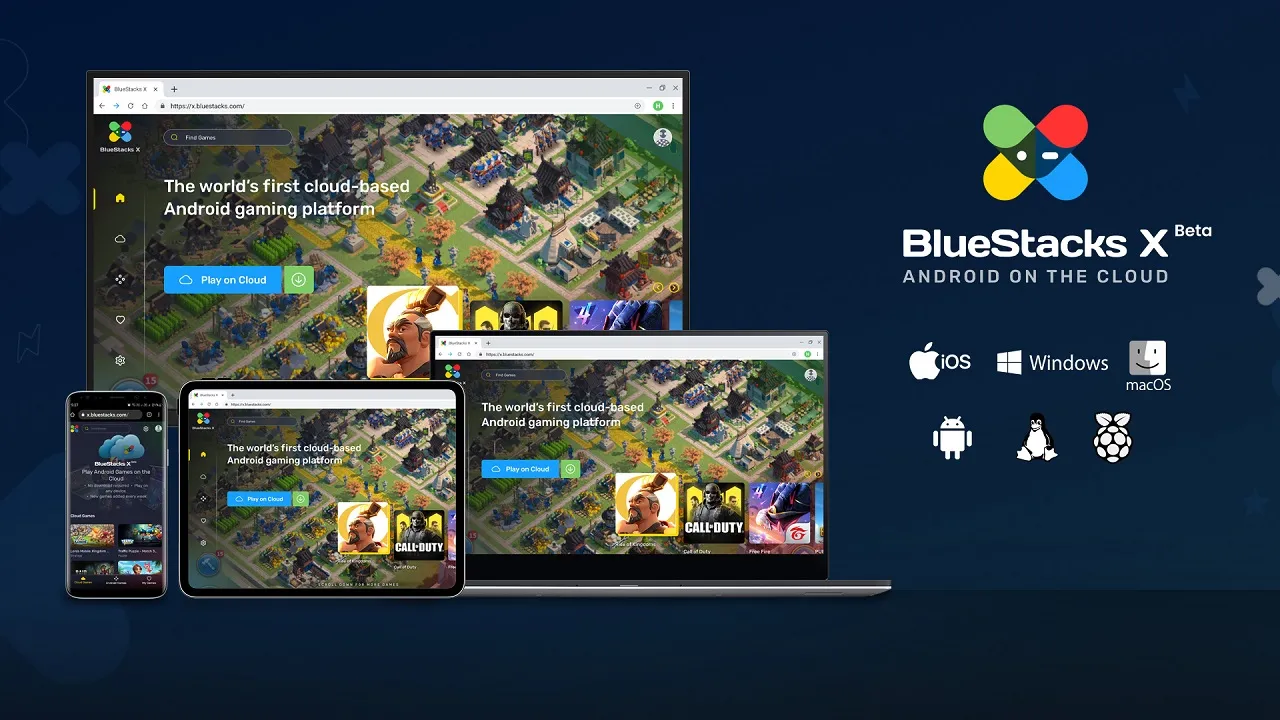

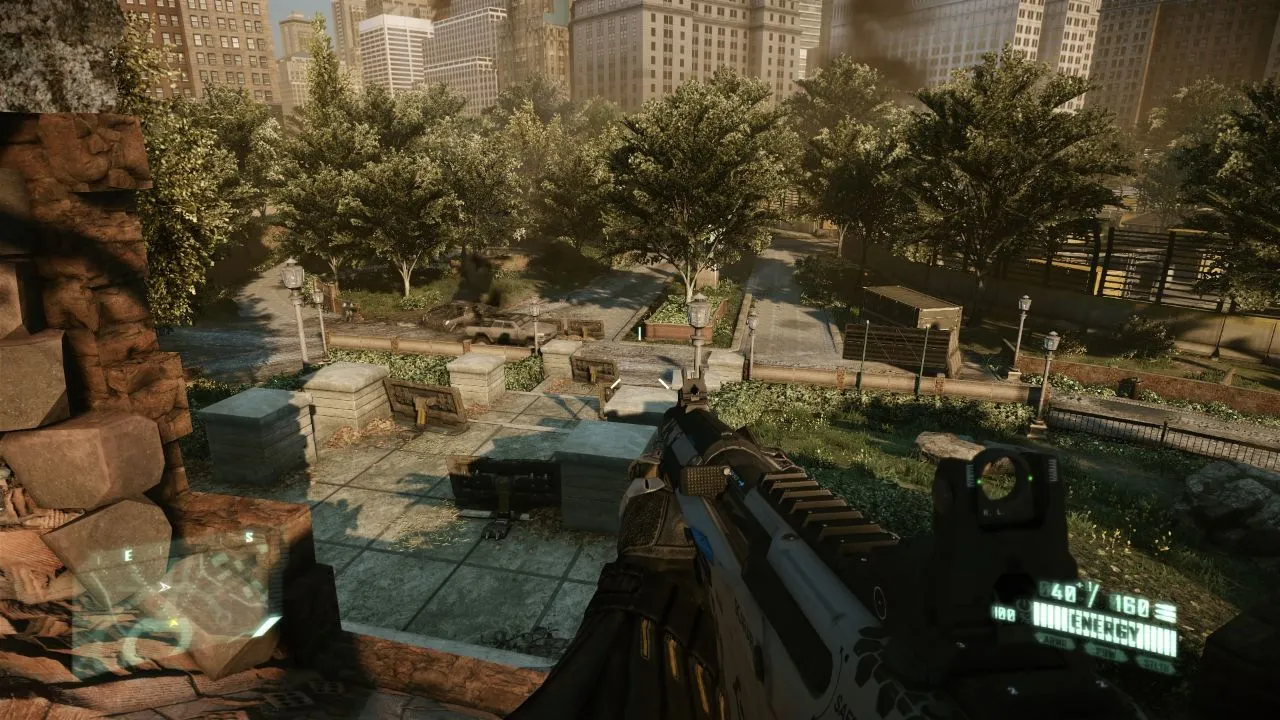

Comments (0)